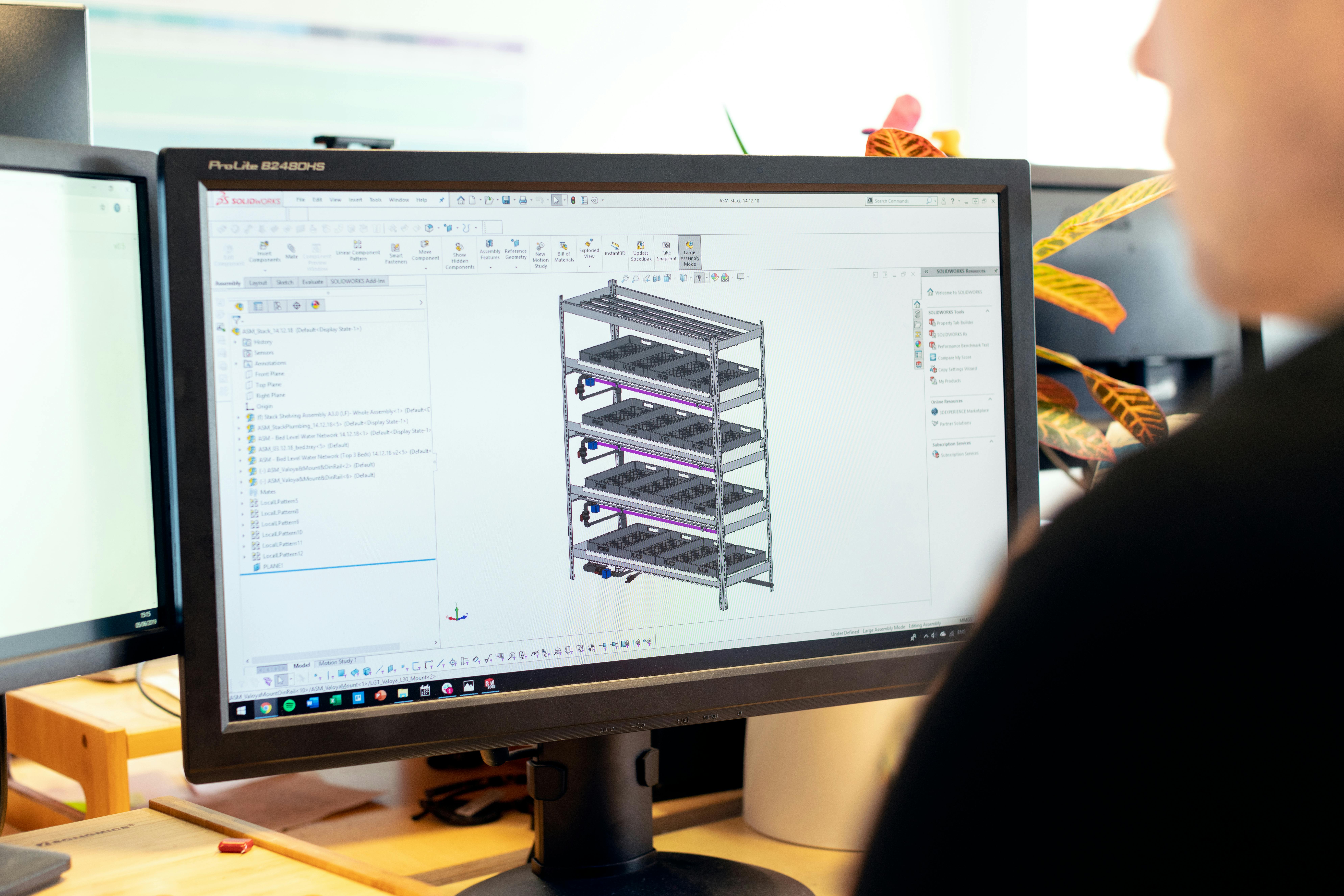
Blockchain in Medical Research: Revolutionizing Data Integrity and Collaboration
Blockchain in Medical Research: A Comprehensive Analysis
Introduction to Blockchain in Healthcare Research
Blockchain technology is rapidly emerging as a transformative force in medical research, offering unprecedented capabilities for secure data management, transparency, and collaborative scientific endeavors. By leveraging distributed ledger technologies, researchers can create immutable, verifiable records of clinical trials, patient data, and scientific discoveries that transcend traditional data storage limitations.
Technological Framework and Data Integrity
The core strength of blockchain in medical research lies in its ability to provide cryptographically secured, tamper-resistant data repositories. Researchers can document each stage of scientific investigation with granular precision, ensuring complete traceability and minimizing potential data manipulation risks. Smart contract protocols enable automated verification of research methodologies, creating a new standard of transparency in scientific documentation.
Key Blockchain Protocols in Medical Research
1. MedRec Protocol
A groundbreaking Ethereum-based system designed to manage electronic medical records with enhanced privacy and interoperability. MedRec utilizes blockchain's distributed architecture to create patient-centric data management frameworks.
2. PokitDok Platform
Integrates blockchain technology to streamline healthcare transactions, enabling secure data exchanges between different medical institutions and research organizations.
3. Medicalchain
Provides a comprehensive blockchain platform for maintaining comprehensive, secure patient health records while enabling controlled data sharing for research purposes.
Global Regulatory Landscape
Different jurisdictions are developing nuanced approaches to blockchain implementation in medical research:
| Jurisdiction | Regulatory Approach | Key Considerations |
|---|---|---|
| United States | Adaptive Framework | HIPAA Compliance, FDA Oversight |
| Switzerland | Progressive Stance | Data Privacy Protections |
| Cayman Islands | Flexible Regulations | Research Innovation Support |
| British Virgin Islands | Open Development | Minimal Restrictive Policies |
Market Dynamics and Adoption Trends
According to recent market research, the global blockchain in healthcare market is projected to reach $5.61 billion by 2025, with a compound annual growth rate of 63.85%. This exponential growth underscores the technology's transformative potential in medical research ecosystems.
Technical Challenges and Mitigation Strategies
Implementing blockchain in medical research requires addressing complex technical challenges, including:
- Scalability of distributed networks
- Computational overhead of cryptographic processes
- Interoperability between different blockchain protocols
- Maintaining robust data privacy standards
Future Implications
Blockchain technology is poised to revolutionize medical research by enabling:
- Decentralized clinical trial management
- Enhanced patient data privacy
- Global research collaboration
- Transparent funding mechanisms
- Immutable research documentation
RWA.codes: Your Innovation Partner
At RWA.codes, we specialize in developing cutting-edge blockchain solutions tailored for medical research environments. Our expertise spans tokenization strategies, legal compliance frameworks, and advanced technological implementations that address the unique challenges of decentralized scientific collaboration.
Our interdisciplinary team combines deep technical knowledge with comprehensive regulatory understanding, enabling research institutions to leverage blockchain's transformative potential effectively and securely.